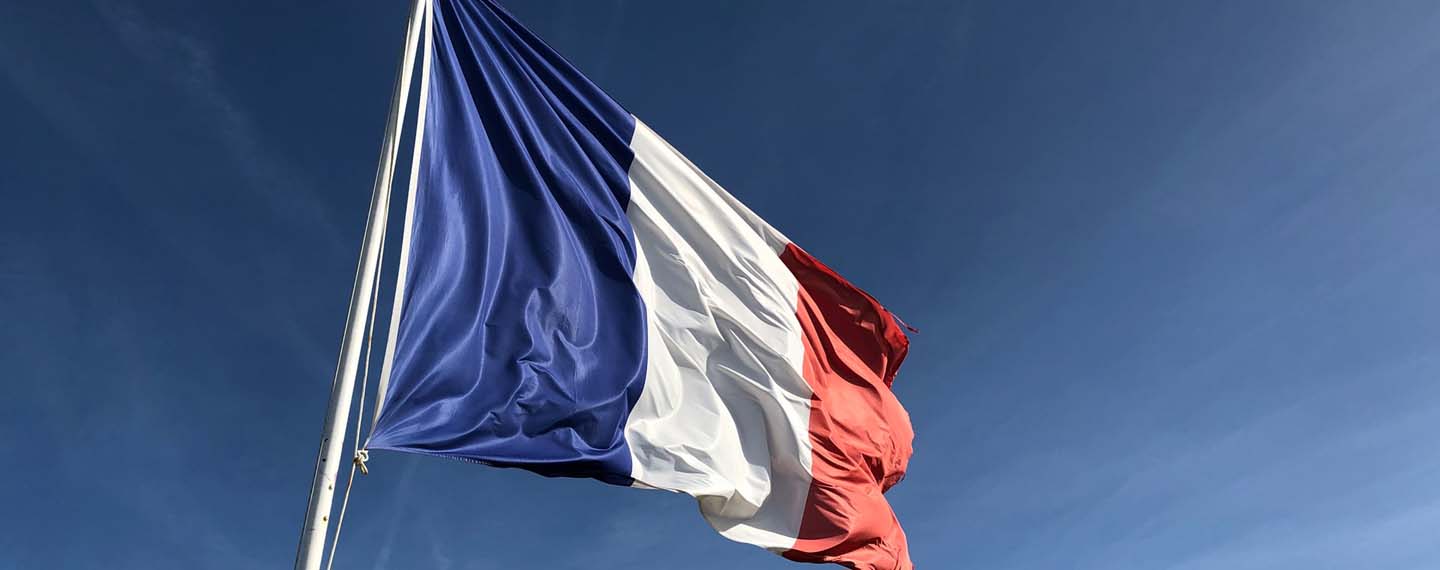Europeans are concerned about the outcome of US congressional elections in November, and the presidential election two years down the line, a result that will determine the type of leadership –more so even than the might– that the superpower will wield. But the US may also be getting concerned by events occurring on the electoral stage in Europe and their consequences for the EU’s ability to navigate a changing world and prove itself a constructive and reliable ally. France is one of the core countries of the EU. The domestic fragmentation made manifest by the presidential and legislative elections, with no clear majority in parliament for the re-elected President Macron, may thus have an impact on the EU’s future course, both in this six-month period, under the presidency of France, and beyond. France has emerged divided. Voters have sent mixed messages, in a worrying situation, there and elsewhere, marked by rampant inflation and the prospect of economic contraction.
Four versions of France have now appeared. The first, a phenomenon already evident five years ago and starting to spread across the EU, involves abstention (at over 50%), a trend that has been noticeable in various other countries for some time, one that undermines democracies and is simultaneously the symptom and cause of profound malaise. The second France is that of Macron’s own social-liberals, who seek to overcome the traditional split between left and right; although in order to govern, to make France governable –as it is seen in France– he is going to have to depend on what remains of the latter. The third involves a left rebuilt by Mélenchon more in the style of the Spanish Unidas Podemos and less in a socialism/social-democracy mired in deep crisis. The Delors idea that European progress was the offspring of the virtuous love affair between social democracy and Christian democracy (also on the wane) has long since faded. The fourth is the extreme right of Le Pen, which has made itself more ‘respectable’.
The latter two will mean there are two oppositions pitted against each other in the National Assembly, and also in the street, where a faction of the abstentionists may also re-emerge. It should also be noted that critics and those openly hostile to the EU substantially outnumber classic pro-Europeans in France, undermining Macron’s ability to pursue European policies, let alone reform the EU’s treaties; such reform is needed, but would have to be submitted to referendums in various countries, including and most notably, France.
It is true that in France (and in various EU member states) foreign policy is largely the province of the executive, but in a complex Europe many of the European decisions have to be ratified by the European Parliament and by national parliaments. With the situation as it is, Macron has lost credibility and leverage in a Europe that is more united but also more dependent on the US with the war in Ukraine. Having a strong executive in Paris was crucial amid France’s six-month presidency of the Council of Ministers and multiple crises in Europe (and the world). Macron has grasped that France cannot go it alone, even with Germany on board. The image of Macron, Scholz and Draghi on the train and in Kyiv is the significant one, even if it is that of realism rather than of justice. It is an image that heralds a new distribution of power, albeit dependent on elections that create political fragmentation, the fruit of various overlapping polarisations, which may well be accentuated in all European societies.
France is in a rebuilding phase. The same goes for the EU, more so in the midst of inflation and the prospects of recession that require solidarity; as do gas supplies, a subject the European Council delved into last week with patchy results, although, as well as accepting Ukraine and Moldavia as EU candidates it inconclusively debated the Macron idea of establishing a European Political Community, the resurrection of François Mitterrand’s idea of a European Confederation (no longer including Russia, as it once did).
Macron is not the only who needs to invent, as he has promised, a new way of doing politics, apart from the coalitions required to govern that are characteristic of the post-election period; the same applies to the EU as a whole, which is a coalition par excellence, and has advanced on many fronts in recent years, albeit on a perpetually rocky path. The great consultation exercise, the Conference on the Future of Europe, has served for little. It is true, however, that those on the outside, like Ukraine and many Balkan states, are anxious to join. That said, faced by the war in Ukraine, it is neither viable nor attractive for the EU or its citizens to have to choose between ‘multilateralism and death’, namely the war, as Ivan Krastev argued at the annual summit of the European Council on Foreign Relations (EFCR) in Berlin. But Europe has still not realised how the world has changed, not only Russia and China, but also a Global South seeking to emerge (once the current crisis is resolved), to put itself on the map and stake a claim for its rights, including over its past. And the EU’s lack of insight ‘may destroy it’. The greatest danger, according to this argument, is ‘failure when it comes to effectively responding to these changes’ and of being effective, defending its interests and values, at least for itself, in this new world. And such failure may start not in the institutions but in European societies themselves. Such as France’s.
Image: Flag of France. Photo: Anthony Choren (@tony_cm__).



